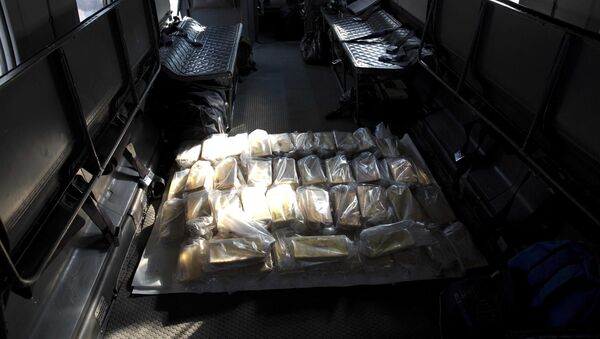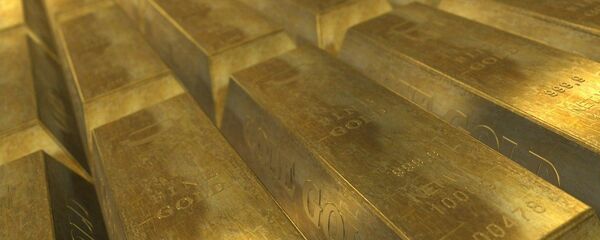The legal battle for the gold began after opposition figure Juan Guaido declared himself an interim president in the wake of public protests in Venezuela back in January 2019. Then, the Bank of England said it would not fulfill the request to give back the gold it stored to the BCV over the lack of clarity as to who was entitled to receive it.
After the BCV took the Bank of England to trial, the UK Commercial Court ruled in July against the BCV board appointed by Venezuelan constitutional President Nicolas Maduro.
The judge presiding over the case then said that since Guaido had been "unequivocally" recognised by the United Kingdom as the president of Venezuela, following a statement made by then-Foreign Secretary Jeremy Hunt in 2019, that the ad hoc administrative board he named had a right over the gold bullion, valued at an estimated $1.2 billion.
Maduro’s legal team insisted on Thursday that Guaido represents a "de jure" government, meaning that for the UK government, he ought to hold the powers, but that the "de facto" government, actually holding power, is the one headed by President Maduro.
"Guaido was not appointed, he declared himself president," BCV lawyer Dan Sarooshi told the three-judge bench of the Court of Appeal.
Andrew Fulton, from the legal team representing Guaido, claimed, however, that the UK court has no jurisdiction to investigate the lawfulness of the appointments made by the Venezuelan self-proclaimed president, and should accept them as "the acts of a sovereign state."



